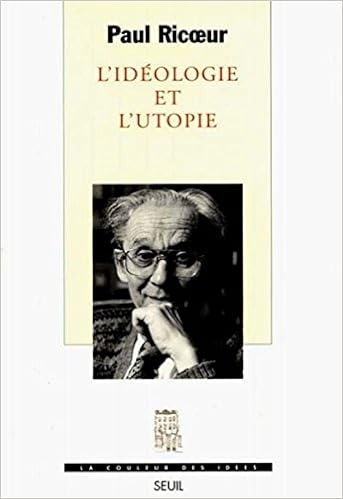 Philippe Kerlouan writes in Boulevard Voltaire.
Philippe Kerlouan writes in Boulevard Voltaire.
Citizen Climate Convention: Macron treats the 150 allotted citizens like children…
One may ask oneself how can 150 citizens, selected by lot in order to create proposals for addressing global warming, be “France in miniature” and represent “all the significant sections of French society”, as the co-president of the governance committee of the Climate Convention asserted they are. One must believe that the allotment was balanced according to some statistical measurements. But nevermind! The Athenian democracy at the time of Pericles designated numerous officials using a lottery. Chance is maybe the most effective way to turn equality for all and social-professional diversity into a democratic system.
We should also have confidence in the people so selected and not consider them second class citizens. As they met on Friday, January 10th for another weekend of work, they were able to pose questions to Emmanuel Macron, who attend in person for the occasion. No doubt he had nothing better to do in these troubled times. One of the participants, quoted by the Le HuffPost, observed that it is “scandalous that he chose this date in order to clown around in front of the Convention whereas he would have done better to take care of the pensions”. But our president must have had his reasons.
Continue reading
Filed under: Applications, Athens, Ballot measures, Elections, Press, Sortition | Tagged: Convention pour le climat | 16 Comments »



 Dominique Schnapper is the director of studies at the School for Advanced Studies in the Social Sciences (EHESS) (retired) and a former member of the French Constitutional Council. This is a translation of Schnapper’s
Dominique Schnapper is the director of studies at the School for Advanced Studies in the Social Sciences (EHESS) (retired) and a former member of the French Constitutional Council. This is a translation of Schnapper’s  Background about this essay and its table of contents can be found
Background about this essay and its table of contents can be found  In January, Le Télégramme
In January, Le Télégramme 